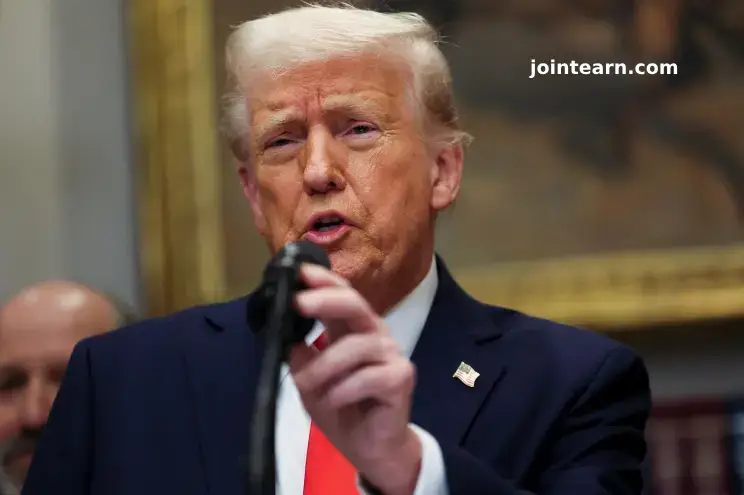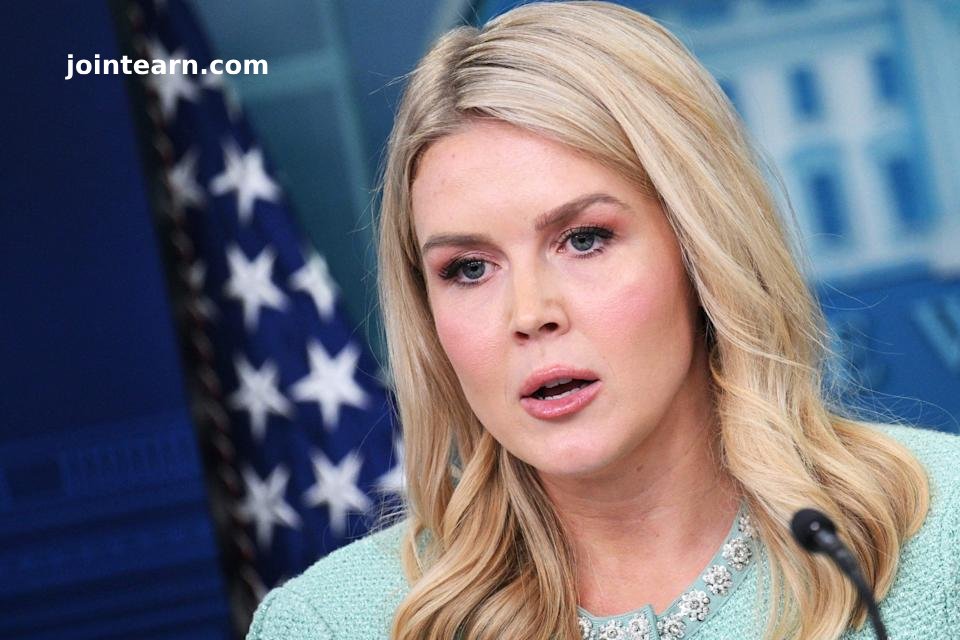April 27, 2025 — When President Donald Trump announced sweeping new tariffs on China earlier this month, it hit small business owners like Steve Egan hard. Egan, a Tampa, Florida-based distributor, had just placed an order for 5,000 rubber ducks when the price jumped from 29 cents to 45 cents each overnight — a direct result of Trump’s latest trade moves.
Now, like many of Trump’s supporters, Egan finds himself caught between immediate economic pain and long-term hope. His clients have postponed several orders, and his first-quarter 2025 sales were down 70% from the previous year, though he has seen a slight rebound in April.
“I kind of feel like we’re back in COVID times — everything’s in limbo,” Egan, 64, said. Still, he and many others who voted for Trump last November remain cautiously optimistic that the tariffs will eventually boost American manufacturing and reset global trade terms more favorably for the United States.
Tariffs Take Center Stage in Trump’s First 100 Days
In interviews with 25 Trump voters across the country, tariffs were the most cited policy affecting daily life. These voters noticed changes at work, in business operations, and particularly in their 401(k) retirement accounts, as stock markets fluctuated in response to new trade tensions.
While Trump’s early approval rating has slipped—only 37% of Americans now approve of his economic policies, according to a new Reuters/Ipsos poll—most of these voters are willing to give his tariff strategy more time to succeed.
White House spokesman Kush Desai defended the policies, saying that Americans “remember how tariffs during Trump’s first term helped drive economic growth.” He added that the Trump administration is united in its goal to “deliver a historic economy” and secure U.S. borders.
Still, economists warn that tariffs could trigger higher inflation, slow economic growth, and cost American households thousands of dollars in increased consumer prices.
Confidence — But With a Deadline
Voters like Jon Webber, a Walmart employee in Indiana, have already felt the impact. Webber’s stock benefits have declined, and customers seem less willing to spend on non-essential items. Nevertheless, he remains supportive — for now.
“If by early fall things aren’t better — if the economy hasn’t picked up and energy production isn’t expanded — that’s when I’ll start to question if Trump knows what he’s doing,” Webber said.
At a Denver-area car dealership, Ron Dailey, 63, reported a buying surge in Japanese cars ahead of a 25% auto import tariff. Although his retirement portfolio took a hit, Dailey trusts the tariffs are a necessary step to “fix” long-standing trade imbalances.
Still, national sentiment remains cautious: only 20% of respondents in the recent Reuters/Ipsos poll agreed that tariffs are personally beneficial.
Other Trump Policies: Border Security, Federal Cuts
While tariffs dominated the discussion, voters also praised Trump’s aggressive immigration actions and criticized federal budget cuts.
In Prescott Valley, Arizona, Joyce Kenney, 73, said she was pleased to see stepped-up deportations, particularly of immigrants flagged as criminals or gang members. Meanwhile, Amanda Taylor, 51, near Savannah, Georgia, expressed concern over her husband’s unstable federal job following significant government cuts through Trump’s newly created Department of Government Efficiency (DOGE).
Taylor said she’s trying to trust Trump’s overall vision but finds some policy rollbacks puzzling: “I don’t understand why Trump puts tariffs in and then sometimes rolls them back right away. It’s a little odd.”
A Divided Loyalty
While some Trump voters are giving the president the full four years to fulfill his economic promises, others like Egan are beginning to waver.
Egan, who had plans to buy rural property for retirement, is now reconsidering due to the financial hit his business and investments have taken. “I voted for him because I thought he was better than the alternative,” he said. “Now I just sit here thinking, ‘who else do we even have to choose from?’”
As tariffs continue to reshape business decisions, personal finances, and political opinions, many of the Trump voters interviewed by Reuters will be monitored in follow-up interviews leading into the 2026 midterm elections.












